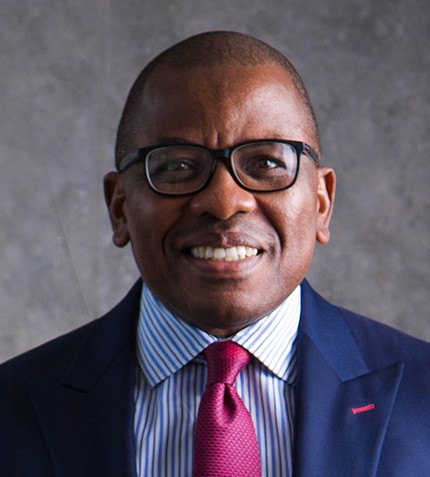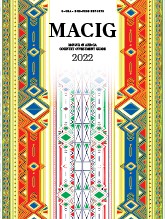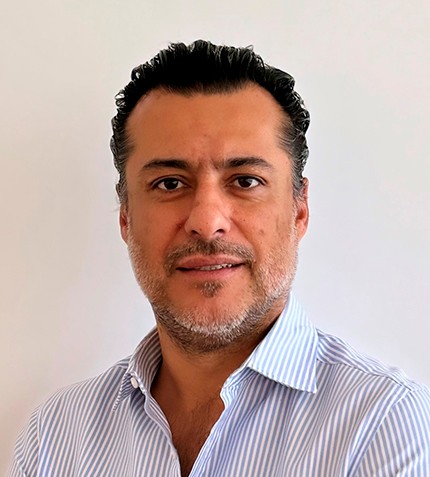
"We have been involved in most of the major mining transactions in Ghana."
RELATED PUBLICATION
ARTICLES FROM THIS PUBLICATION
Seth Asante
MANAGING PARTNER, BENTSI-ENCHILL, LETSA & ANKOMAH (BELA)
Could you introduce BELA to our audience?
BELA was established over 30 years ago and is currently made up of 11 partners and 30 lawyers. Our firm has four specialised departments: Dispute Resolution, Energy and Infrastructure, Financial Institutions and Capital Markets, and Corporate and Commercial. Mining transactions are handled by our Energy and Infrastructure Department and we have been involved in most of the major mining transactions in Ghana. We are supporting the implementation of the Government of Ghana’s mineral royalty monetization strategy, a significant reform in the Government’s management of royalties from natural resources, which can be replicated in other sectors.
Could you further explain how does the Minerals Income Investment Fund work?
The Minerals Income Investment Fund was set up under the Minerals Income Investment Fund Act, 2018 (Act 978) to, among other things, maximise the value of income from Ghana’s natural resources. The Fund is authorised to establish special purpose vehicles (SPVs), assign specified royalty streams to the SPV, and procure the listing of the SPV on a reputable stock exchange. The Government and the Fund are currently working on a transaction under which an SPV will be listed on both the Ghana Stock Exchange (GSE) and the London Stock Exchange (LSE). The Government will be the majority shareholder, while 49% of the shares will be offered to investors in London and Ghana.
What are the key localization policies passed in Ghana?
The new local content regulations issued by the Minister for Lands and Natural Resources seek to increase local participation, particularly in Ghana’s mining service sub-chain, by reserving certain services for Ghanaians. The regulations includes provisions to encourage mining companies to enlist on the GSE to increase local equity participation. It is unclear what the future holds for mining companies and what kind of requirements will be applied to local equity holders. Currently, the Government holds a 10% interest in all mining operations across the country, and I think it is possible this could increase. Plans are under way to establish a state-owned gold refinery, to better control and audit the gold refining process and to add value to unrefined gold before export. When completed, the refinery will be the third in Ghana, in addition to two private refineries in operation. The creation of the Ghana Integrated Bauxite Corporation to oversee the Government's interest in bauxite mining, has been announced. A US$1.2 billion joint venture with Rocksure International to develop a bauxite project has also been confirmed.
How would you describe the appetite for M&A in the mining industry?
There is increasing interest in the M&A space, particularly from Chinese investors who are aggressively pursuing assets in Ghana. BELA represents clients like Future Global Resources (FGR) and Newcore Gold and assists others on bidding processes not yet made public. On the financing side, we work with the Macquarie Group, an Australian investment banking company that has financed some projects in Ghana. Large players have announced big brownfield investments and more are expected.
The government has launched the “The national alternative livelihood program”. What are the current legal status and regulatory framework that define small-scale miners?
Under the current framework, small-scale miners must obtain a license from the Minerals Commission to operate only in demarcated areas that are far from water bodies. So far, the legal structure of small-scale miners remains unchanged. The National Alternative Livelihood Programme you referred to is aimed at providing alternative employment for persons engaged in illegal mining, and not to formalise galamsey. The criminalisation of galamsey raises the significant questions of how to find a balance between protecting the environment and protecting livelihoods. The existing legal framework cannot be relaxed without jeopardizing the entire structure of small-scale miners. New policies need to fall within the current framework and encompass the full value chain, from extraction to selling. At the moment, the gold extracted by small scale miners is mostly illegally exported, without any taxes or royalties paid. We need a new reform structure to control the full small-scale mining supply chain.
What makes BELA the legal partner of choice in Ghana?
BELA is at the forefront of most major transactions in Ghana because of our commitment to excellence. We have a tradition of providing end-to-end services, understanding not only what the regulators want, but also what the market wants. We give legal advice that is consistent with the realities of the market while being commercially savvy. We have continued to invest in processes and our people to give the best services to our clients, such as AngloGold Ashanti, Kinross, FGR, Newmont, and the Ghana Chamber of Mines. We are keen to contribute to new policies and legislation, and have worked with the Government on the drafting of the Minerals Income Investment Fund Act. We have consistently been recognised as a leading player in the Ghanaian legal market.











